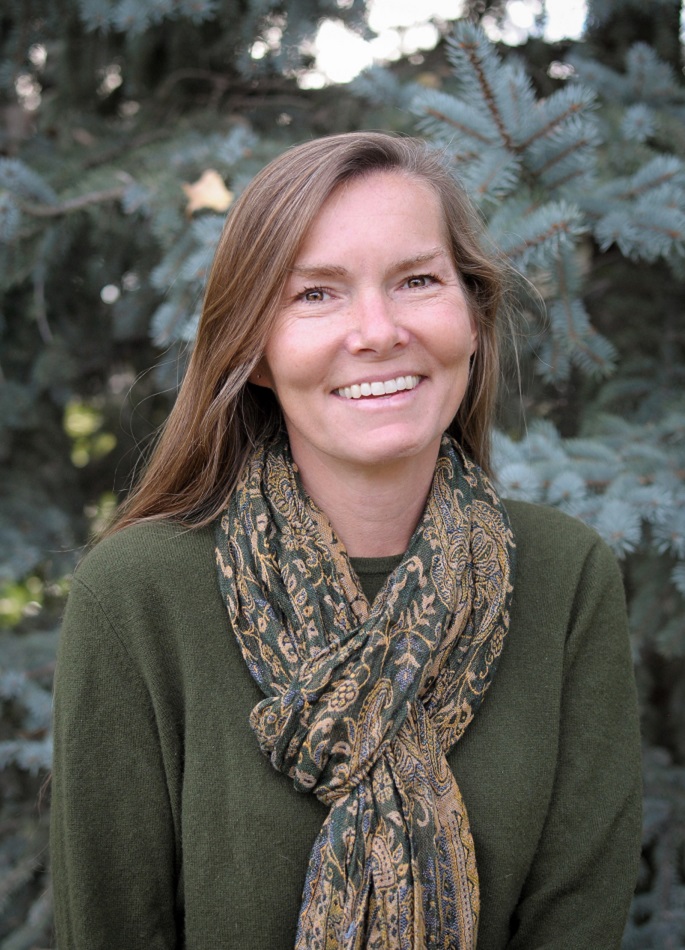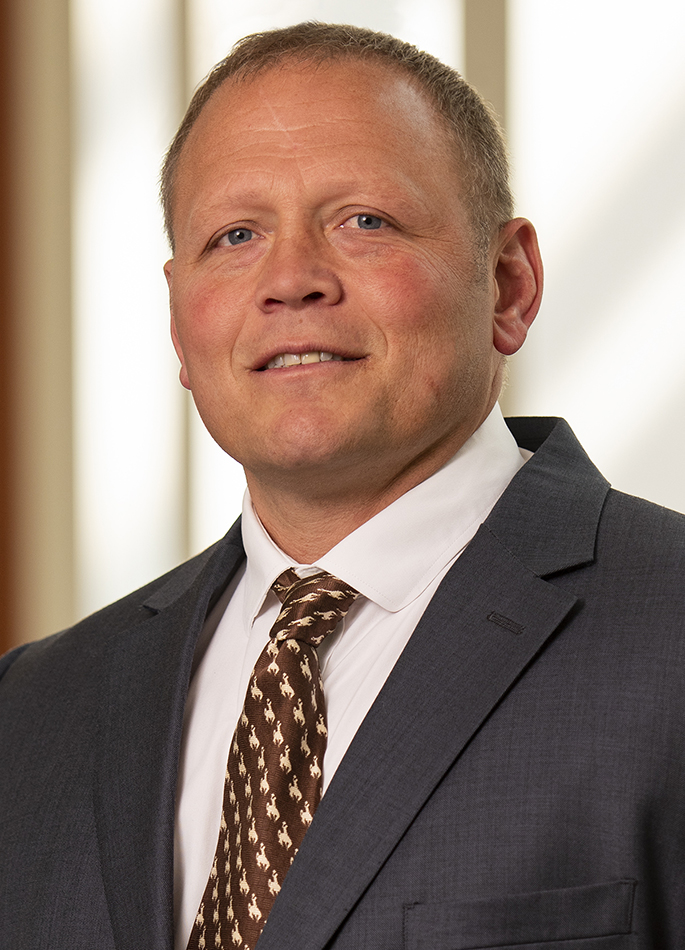Economics

Heidi J. Albers (Jo) is the Wyoming Excellence Chair in Conservation Economics in the Department of Economics at the University of Wyoming. Jo’s research follows two strands: integrated spatial bio-economic models for optimal resource and conservation decisions and economic policy analysis at the intersection of biodiversity conservation and rural poverty. Methodologically, Jo’s research typically develops empirically-inspired spatial-dynamic decision models that include characteristics of both the socioeconomic and ecological setting. Her international work includes recent and current research in Tanzania, Costa Rica, and Chile, with less recent research in China, Thailand, and India. Her highly interdisciplinary research approach is evident in her career-long exploration of protected areas as a conservation tool, including both terrestrial and marine settings, and other topics such as integrating poverty-alleviation projects into forest/land management plans; small-scale aquaculture adoption; invasive species management; and landscape policies to conserve migratory species.

David Finnoff
David Finnoff is an environmental and natural resource economist with a focus on risk management in coupled human, natural systems. He has led many research projects directed at management of Wyoming’s natural resources, with projects considering management of grizzly bears and wolves in the Greater Yellowstone Ecosystem, optimal endangered species listing and delisting decisions, management of wild game species facing threats of brucellosis and chronic wasting disease, and on management of forests facing the threat of mountain pine beetle outbreaks. Finnoff has also been awarded federal grants to conduct research, including projects aimed at managing coupled systems facing tipping points and abrupt changes, to develop integrated economic/epidemiological models for management of infectious diseases that threaten humans and economic trade, and for the development of linked general equilibrium economic/ecosystem models to provide analysis of policies in the face of joint determination of important variables in economies and ecosystems, applied to Alaskan fisheries and marine ecosystems, Wyoming rangelands, Wyoming riverine ecosystems, and North Carolina estuaries. Other funded projects include several aimed at the development of integrated economic/ecological models for optimal management of economic and ecological systems subject to the risk of nonindigenous species invasion. Applied across existing and potential invasions in the Great Lakes region of the U.S., potential zebra mussel invasion of the Columbia and Colorado river basins, to the spread of the emerald ash borer across the USA, and the general management of interconnected lakes systems. In recent work, Finnoff has extended a line of his previous work on optimal social investments to reduce pandemic risks to consider the economic and social effects of the COVID-19 pandemic, and the role of public policy in reducing the risks associated with COVID-19.

